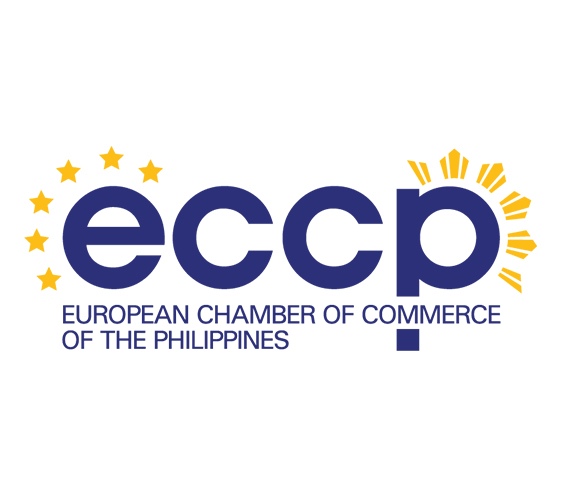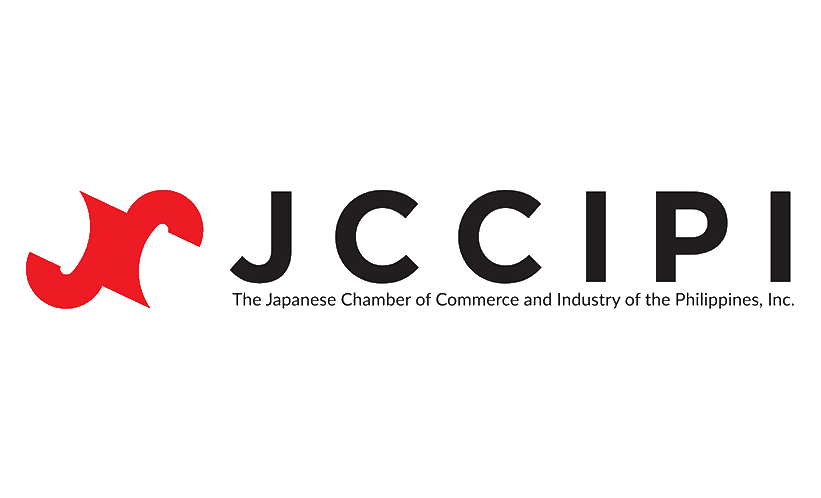JFC Statement on Bills Amending the Public Service Act
August 29, 2019 at 16:09
Joint Foreign Chambers of the Philippines
American Chamber of Commerce of the Phils., Inc. | Australian-New Zealand Chamber of Commerce Phils., Inc. | Canadian Chamber of Commerce of the Phils., Inc. | European Chamber of Commerce of the Phils., Inc. | Japanese Chamber of Commerce & Industry of the Phils., Inc. | Korean Chamber of Commerce of the Phils., Inc. | Philippine Association of Multinational Companies Regional Headquarters, Inc.
STATEMENT ON BILLS AMENDING THE PUBLIC SERVICE ACT
Submitted to the House Economics Affairs Committee on August 20, 2019
Six bills have been introduced in the House of Representatives in the 18th Congress to amend Commonwealth Act No. 146, the Public Service Act (PSA), as amended. This statement is submitted by the seven members of the Joint Foreign Chambers for the hearing of the Committee on Economic Affairs of the House of Representatives on August 20, 2019 in response to the invitation of its Chairpersons, Rep. Sharon Garin.
We strongly welcome the initiative of the following legislators:
- Rep. Joey Salceda (HB 78)
- Representative Victor Yap (HB 301)
- Representative Xavier Jesus Romualdo (HB 346)
- Representative Luis Raymund Villafuerte (HB 403)
- Representative Argel Joseph Balatbat (HB 504)
- Representative Ron Salo (HB 1781)
These legislative initiatives that seek to make highly important and comprehensive reforms to the 80-year old Public Service Act deserve very serious attention because of their potential benefits for the Philippine economy and Filipino consumers.
As business chambers, the undersigned welcome the proposed amendments since they will improve competition, allow more foreign investment, and gradually result in improved quality and lowered cost of services to the benefit of all consumers.
The constitutional restrictions limiting foreign ownership on the operation of public utilities to 40% and on the participation of foreign investors in the governing body of any public utility enterprise are widely known. Much less well known is that the Constitution does not define a public utility and leaves that task to laws, such as the PSA, and to judicial interpretation. As a result of this glaring omission, public services and public utilities are constantly interchanged and restrictions that should only apply to public utilities are applied to all public services as well. Clearly, public utilities are merely a sub-set of public services, but conditions that should only apply to the sub-set are being applied to all public services. These restrictions result in less than ideal conditions for competition in public services, which ultimately works to the disadvantage of Philippine consumers.
As the explanatory notes for all six bills state, there is a need to adjust the provisions of the law to bring it into the 21st century and fulfill its purpose of truly serving the public. When the PSA was enacted in 1936, the population of the Philippines was at 15 million but today exceeds 100 million. It may have been a good law for the regulation of public services when it was enacted, but more than 80 years later, the law is a relic that does not serve the public interest and badly needs a makeover.
A look at the contents of the PSA in its current state immediately shows that significant portions of the law are no longer relevant. It outlines the functions of the Public Services Commission which no longer exists. Ice plants are still considered a public service. Foreign investment in pontines – which to our knowledge no longer exist – is still restricted by the current law. Erring firms can only be penalized a maximum of 200 pesos a day for their violations, which is a mere drop in the bucket for large firms.
Unfortunately, because of the limited number of local corporations capable of providing public services due to high capitalization requirements, restrictions on foreign-owned corporations, Filipino consumers pay some of the highest prices for public services and public utilities in ASEAN. This lack of competition does not serve the interests of consumers, nor does it maximize opportunities provided by trade agreements that the Philippines has signed.
The executive clearly sees the disadvantages of these restrictions and has expressed its support for reforms in this sector. In its ten-point agenda the Duterte Administration called for the removal of restrictions on foreign investments, except in land. The draft Philippine Development Plan (PDP), as posted on the NEDA website, advocates for the reform of the PSA. In particular, the chapter on competition states that “An amendment to the list of industries covered shall be reviewed to open up delisted industries to foreign competition.…(t)hey preclude the Philippines from fully taking advantage of capital and labor mobility under the ASEAN Economic Community Blueprint.” Amending the Public Service Act is among the legislative priorities of the PDP.
Most recently, President Duterte certified the amendments to the Public Service Act as urgent on June 3, 2019.
The bills before the Committee propose not to amend the list of industries but to include in the law a new Section 13 (d) that contains:
- a clear definition of public utility,
- an enumeration of public utilities, and
- public utility exemptions.
The draft bills also contain provisions to transfer functions of the non-existent Public Service Commission to various administrative agencies, a more accurate mechanism for fixing the rate of return, and increased penalties for violations, to reflect contemporary realities.
The enactment of the proposed amendments will bring a major reform after over 80 years to the industries currently confused to be public utilities.
The JFC is a coalition of the American, Australian-New Zealand, Canadian, European, Japanese, Korean chambers and PAMURI. We represent over 3,000 member companies engaged in over $100 billion worth of trade and some $30 billion worth of investments in the Philippines. The JFC supports and promotes open international trade, increased foreign investment, and improved conditions for business to benefit both the Philippines and the countries the JFC members represent.
Sincerely,
| (SGD) JAMES WILKINS President American Chamber of Commerce of the Philippines, Inc. |
(SGD) DANIEL ALEXANDER President Australia-New Zealand Chamber of Commerce of the Philippines |
(SGD) JULIAN PAYNE President Canadian Chamber of Commerce of the Philippines, Inc. |
| (SGD) NABIL FRANCIS President European Chamber of Commerce of the Philippines |
(SGD) KEIICHI MATSUNAGA President Japanese Chamber of Commerce and Industry of the Philippines, Inc. |
(SGD) HO IK LEE President Korean Chamber of Commerce of the Philippines, Inc. |
| (SGD) EVELYN NG President Philippine Association of Multinational Companies Regional Headquarters, Inc. |
||
PDF Version:
JFC Statement on Bills Amending the Public Service Act – 20 Aug 2019



























































